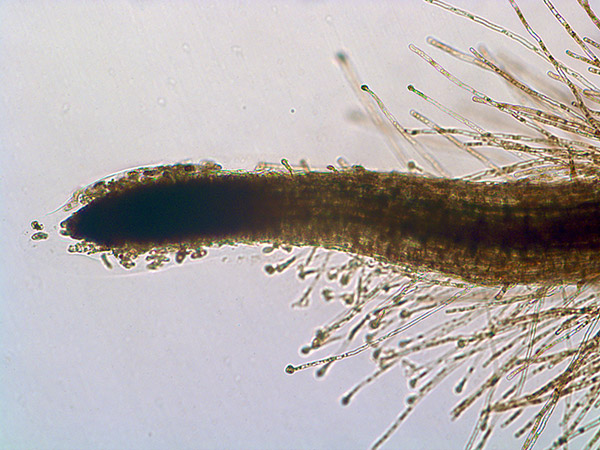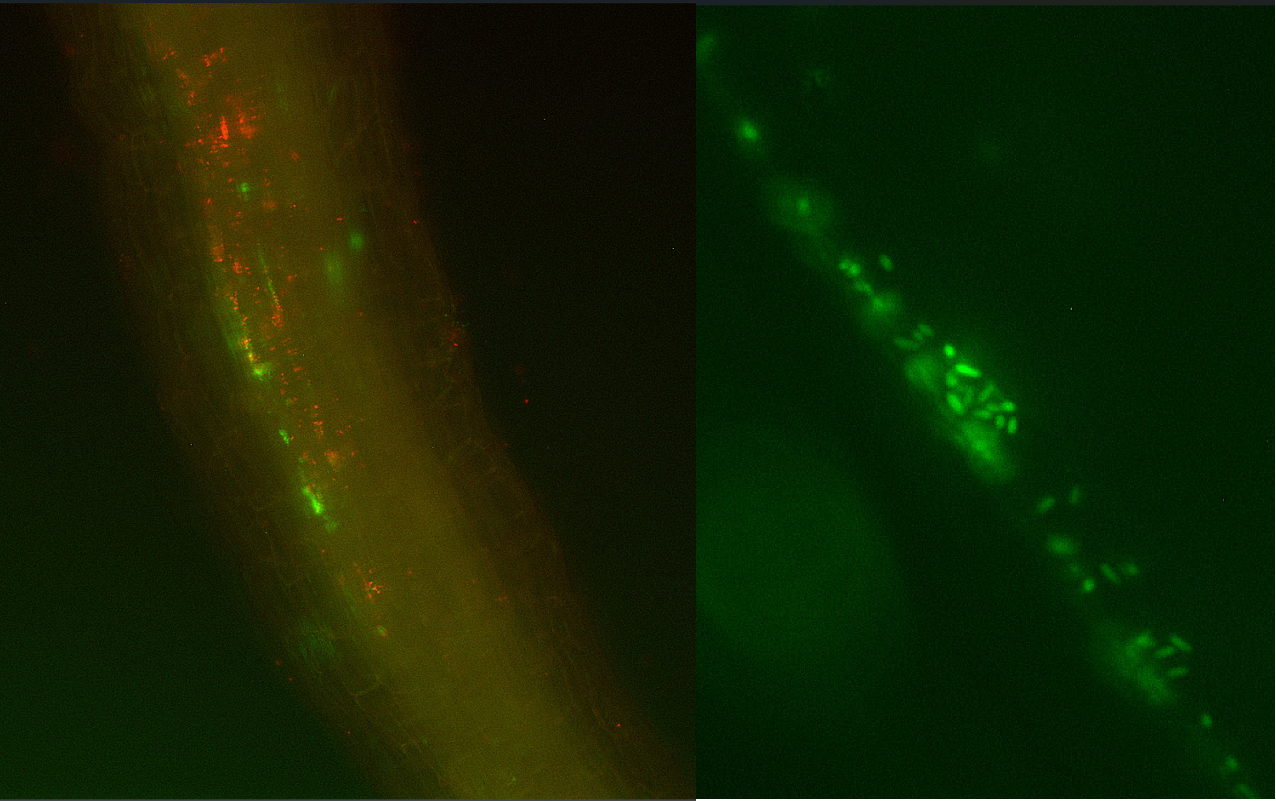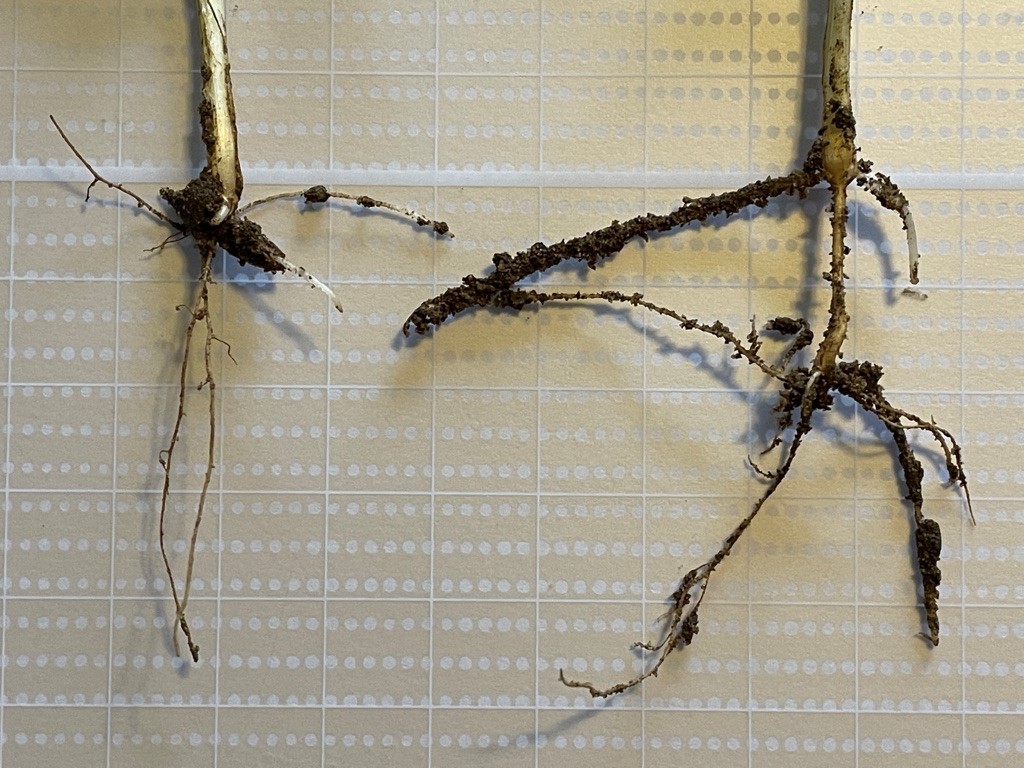Press Release
4th June 2024
by Lucy de la Pasture
A new generation of biological seed treatment has been launched by Unium Bioscience and promises to deliver performance over the seed treatment it supersedes.
Building on the reliable performance of TIROS, Unium has developed a unique, advanced formulation of endophytes which supports and enhances rhizophagy and enables crops to fix atmospheric nitrogen (N).
Like its predecessor, TIROS Max acts as a ‘back up’ power supply; fixing N from the atmosphere throughout the season, enhancing yield where standard N rates are applied, or maintaining yield where N is required.
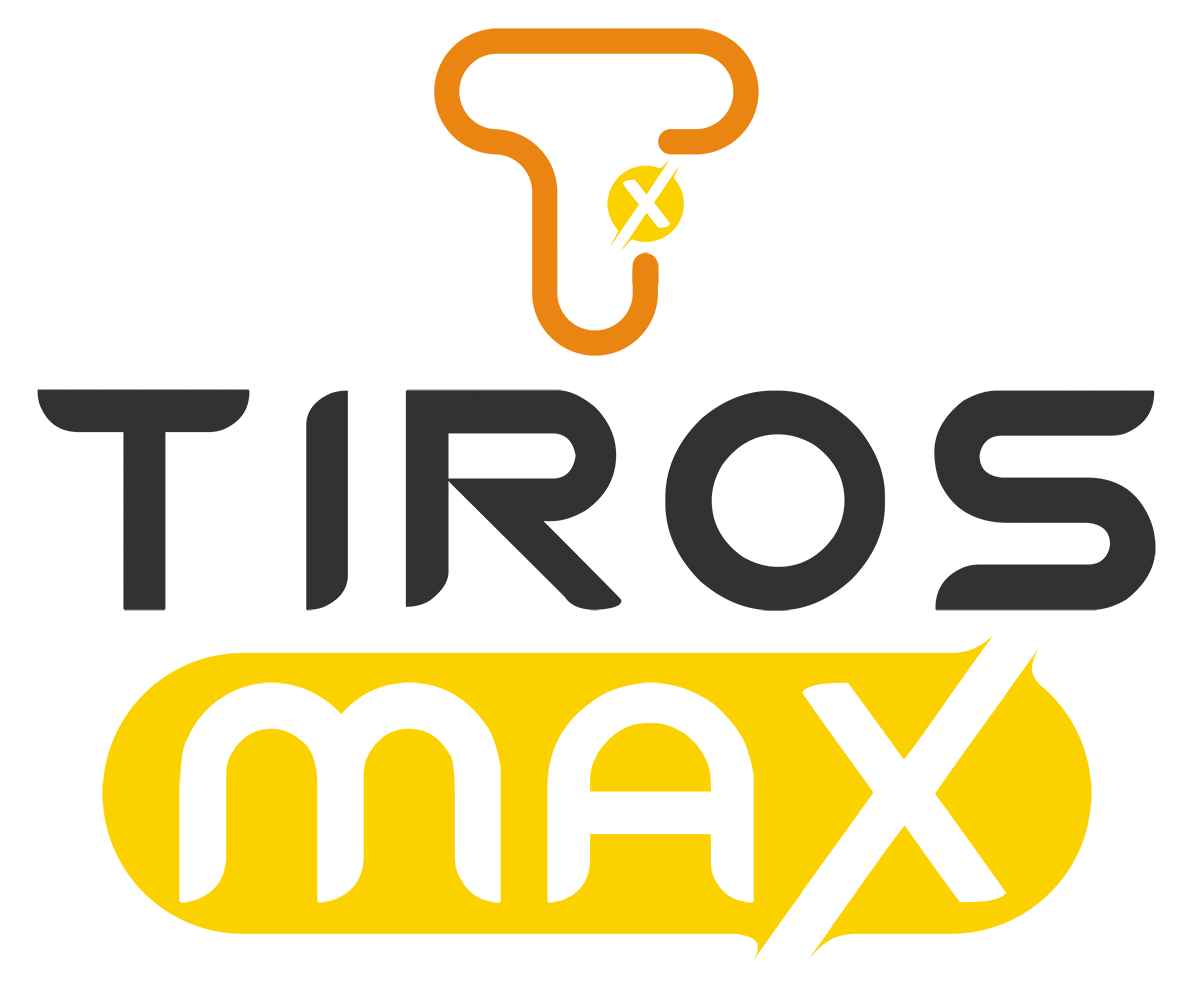
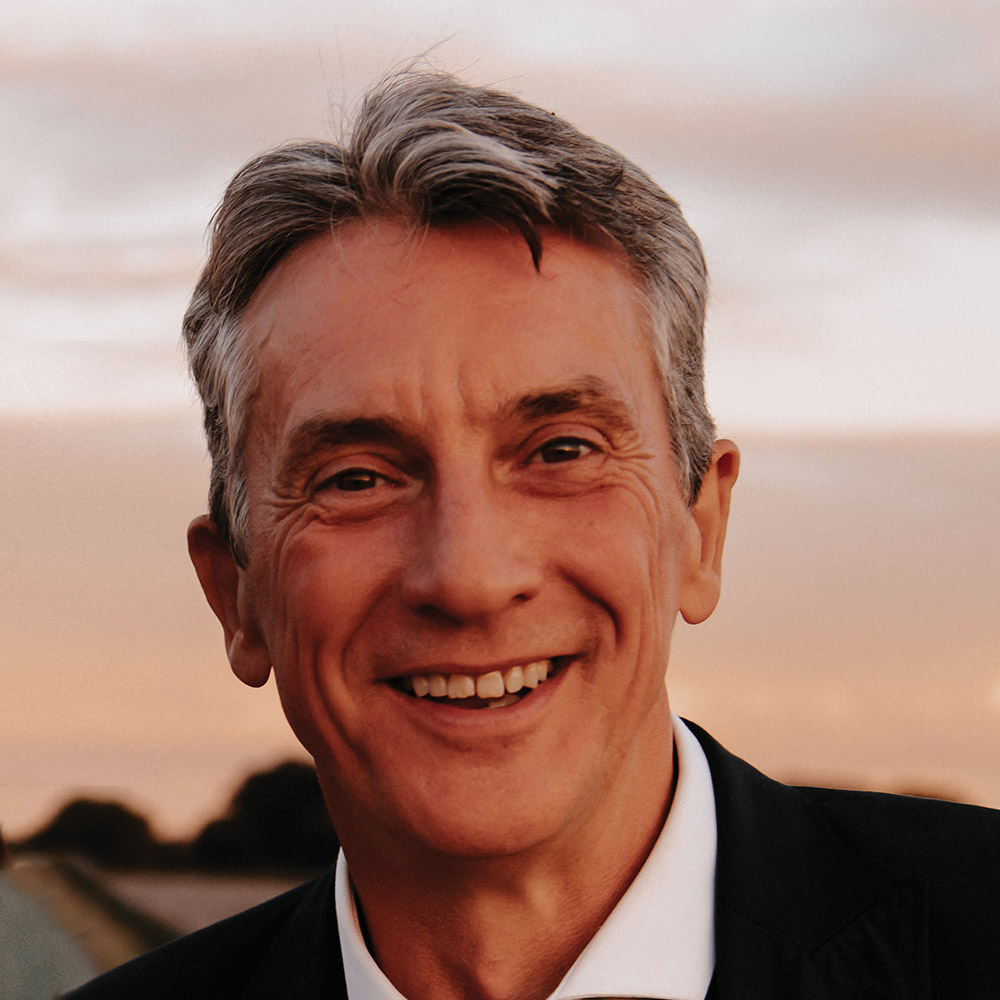
TIROS Max also promotes the plant’s ability to sequester phosphorus, potassium, zinc and additional microelements, but it does it all better, says Unium’s director, John Haywood.
“The new formulation provides a prebiotic, also known as an extender, in powder form rather than a liquid. This delivers 13% more Colony Forming Units (CFUs) per seed by preserving the endophytes during application, as well as supporting and promoting early population growth during germination and establishment.”
In the field, TIROS Max treated seed has been shown to accelerate plant establishment and growth ahead of untreated seed, with better root structure and biological interactions. Work carried out by Professor James White at Rutgers University in New Jersey, USA, shows that endophytes are essential for root hair development as well as their role in rhizophagy – where plants effectively ‘farm’ microbes to help them sequester nutrients from the soil.
Prof White is a firm believer that microbes applied as biostimulant seed treatments can replace some of the microbes lost from seed during its journey from seed producer to farmer. Biologicals can also act as a supplement in soils where microbial communities are depleted.
“Biostimulant microbes placed on or near to the seed can kickstart the rhizophagy cycle. Some treatments contain endophytes which set up a more permanent association provided the consortia selected are adapted to the crop plant and the plant needs that community in its environment.”
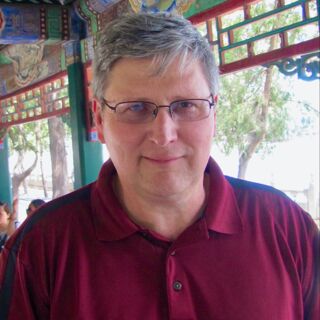
But rhizophagy isn’t the only way plants use microbes, some endophytes will be moved from the root and spread throughout its tissues.
“Many plants will put these bacteria into their leaf hairs (trichomes) where they feed them plant sugars in exchange for the nitrogen these endophytes will fix from atmospheric nitrogen,” explains Prof White.
Biological treatments have been historically variable in their effects when applied to seed and the use of an extender in TIROS brought new levels of consistency in performance, delivering the benefits Prof White describes.
“The new formulation in TIROS Max now sets the bar even higher. It marks a real advancement in seed treatment technology by supporting the biology to a greater extent, demonstrated by the higher CFUs achieved per seed,” comments Mr Haywood.
In the field, TIROS Max treated seed has been shown to accelerate plant establishment and growth ahead of untreated seed, with better root structure and biological interactions. Additionally, trials show TIROS Max provides benefits equivalent to 30Kg of N per ha.
The dry formulation offers benefits over and above added performance in the field, it also offers flexibility at the time of seed treatment.
“Previously, the minimum quantity that could be treated was a batch of 10 tonnes,” explains Mr Haywood. “The new formulation not only cuts out a mixing phase, it means that it’s now possible to treat small seed batches of five or one tonne, giving farmers much more flexibility when treating their own seed through a mobile unit.”
Root to seed health webinar
To celebrate the launch of TIROS Max, Unium is hosting an educational evening on endophytes in collaboration with BOFIN, featuring leading endophyte researchers from the United States. Farmer and agroecology consultant Ben Taylor-Davies (Regen Ben) will dig into the science and application of endophytes in agriculture in a ‘fireside chat’ style webinar with Prof James White and University of Washington’s Prof Sharon Doty, who discovered the strains of endophyte used in TIROS Max. The event will take place at 6pm on 2nd July 2024 and early registration is advised.


